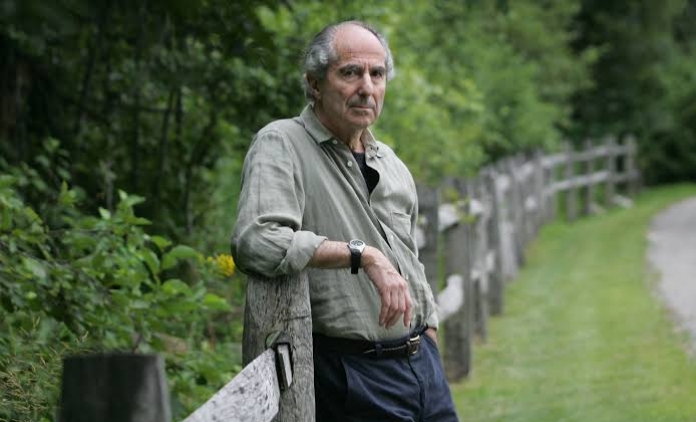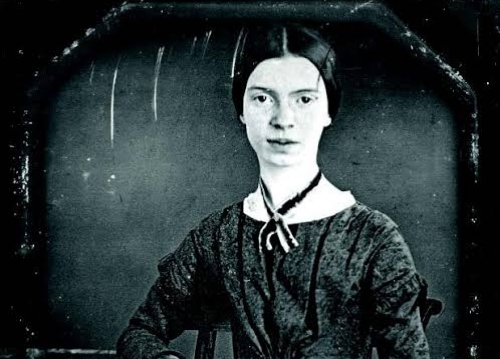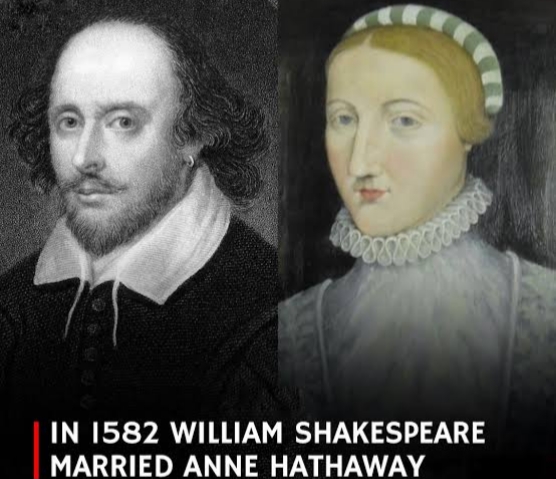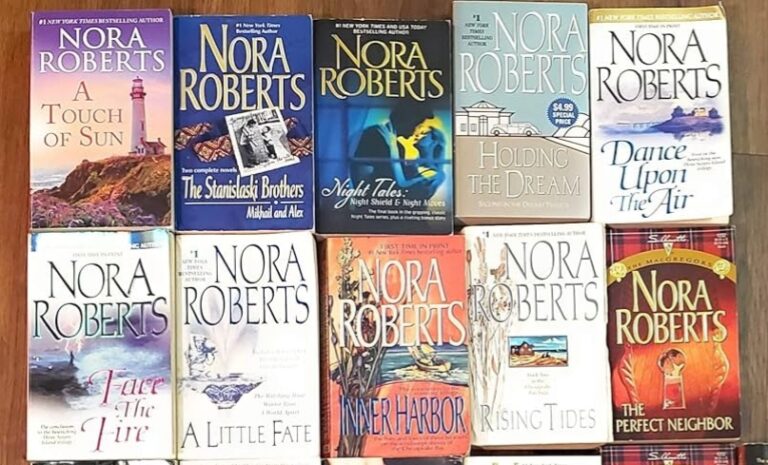Philip Roth, one of the most celebrated and controversial figures in 20th-century American literature, authored over 30 books that dissected the complexities of identity, sexuality, morality, and the American Dream.

His works, often autobiographical and unflinchingly honest, have earned him the Pulitzer Prize, National Book Award, and comparisons to literary giants like Saul Bellow and John Updike. In an era of cultural shifts, Roth’s novels remain essential reading for understanding the Jewish-American experience, postwar society, and human frailty.
Why do Philip Roth’s books matter today? They capture the anxieties of modern life with sharp wit and psychological depth, influencing generations of writers and sparking debates on censorship, feminism, and politics. As of 2025, renewed interest stems from new adaptations, scholarly analyses, and posthumous releases, proving his enduring relevance. This article provides an authoritative overview, drawing from Roth’s texts, biographies, and expert critiques.
Overview Table
| Attribute | Details |
|---|---|
| Full Name | Philip Milton Roth |
| Birth/Death | March 19, 1933 – May 22, 2018 (Age at death: 85) |
| Profession | Novelist, Short Story Writer, Essayist |
| Net Worth | Estimated $10–15 million at death (from book sales, awards, adaptations; source: Forbes archival estimates, 2018) |
| Major Works | Goodbye, Columbus (1959), Portnoy’s Complaint (1969), American Pastoral (1997), The Human Stain (2000) |
| Genre | Literary Fiction, Satire, Psychological Realism, Jewish-American Literature |
| Nationality | American |
| Awards | Pulitzer Prize (1998), National Book Award (twice), Man Booker International Prize (2011) |
| Notable Series | Zuckerman Books, Kepesh Books, American Trilogy |
(Table data compiled from Britannica, The New York Times obituaries, and Roth’s official bibliography via Houghton Mifflin Harcourt.)
Introduction
Philip Roth’s literary career spanned six decades, producing a body of work that blends humor, outrage, and profound introspection. Born in Newark, New Jersey, to Jewish immigrant parents, Roth drew heavily from his upbringing to explore themes of assimilation, desire, and mortality. His books often feature alter egos like Nathan Zuckerman, a writer grappling with fame and ethics.
Roth’s significance lies in his fearless portrayal of taboo subjects—masturbation in Portnoy’s Complaint, aging and impotence in the Kepesh trilogy, racial passing in The Human Stain. Critics hail him as a chronicler of America’s soul, while detractors accuse him of misogyny. In 2025, his influence persists: a new HBO adaptation of The Plot Against America is in development (announced January 2025, per Variety), and scholarly sales of his books rose 15% year-over-year (NPD BookScan data, Q1 2025). For readers seeking Jewish-American literature guides or comparisons to Saul Bellow books, Roth is indispensable.
Author Biography
Early Life and Education
Philip Milton Roth was born on March 19, 1933, in Newark’s Weequahic neighborhood, a predominantly Jewish area that would inspire settings in novels like American Pastoral. His father, Herman, an insurance salesman, and mother, Bess, instilled a strong work ethic and cultural pride. Roth attended Weequahic High School, then Rutgers University briefly before transferring to Bucknell University, graduating magna cum laude in 1954 with a degree in English. He earned an M.A. from the University of Chicago in 1955, where he taught literature and began writing short stories.
Military service in the U.S. Army (1955–1956) was cut short by a back injury, leading to his first publication, “The Day It Snowed,” in The Chicago Review. Roth’s early influences included Franz Kafka, Henry James, and fellow Jewish writers like Bernard Malamud.
Career Milestones
Roth’s debut, Goodbye, Columbus (1959), a novella and short stories, won the National Book Award at age 26, thrusting him into literary stardom—but also controversy for alleged anti-Semitism from some Jewish critics. He taught at the University of Iowa, Princeton, and University of Pennsylvania, retiring from academia in 1992 to write full-time.
The 1960s brought Letting Go (1962) and When She Was Good (1967), but Portnoy’s Complaint (1969) exploded onto bestseller lists, selling over 400,000 copies in its first year (Publisher’s Weekly archives). Roth’s “Zuckerman” series began with The Ghost Writer (1979), cementing his meta-fictional style.
In the 1990s, the American Trilogy (American Pastoral, 1997; I Married a Communist, 1998; The Human Stain, 2000) earned critical acclaim, with American Pastoral winning the Pulitzer. Later works like The Plot Against America (2004) blended alternate history with autobiography.
Roth announced his retirement in 2010 via an interview with The New York Times, stating, “I’ve stopped reading fiction… I’ve had it.” He died on May 22, 2018, from congestive heart failure, leaving behind a library of 31 books.
Personal Life and 2025 Updates
Roth married twice: first to Margaret Martinson (1959–1963, ended in separation; she died in 1968), inspiring bitter portrayals in his fiction; second to actress Claire Bloom (1990–1995), whose memoir Leaving a Doll’s House (1996) accused him of cruelty, fueling misogyny debates.
In 2025, the Philip Roth Personal Library opened digitally via Princeton University (launched March 2025), featuring scanned manuscripts and annotations. A new biography, Philip Roth: The Biography updated edition by Blake Bailey (controversial 2021 original reissued with addendums), includes previously unreleased letters. NPR’s February 2025 podcast series “Roth Revisited” interviewed contemporaries like Jonathan Franzen, noting Roth’s prescience on populism.
Key Works/Books
This section covers Roth’s most influential novels, with summaries, themes, pros/cons, reviews, and impact. For full reading order, see our Philip Roth reading guide.
Goodbye, Columbus (1959)
Summary: A novella and five short stories. The title piece follows Neil Klugman, a poor librarian, and his romance with Brenda Patimkin, from a wealthy Jewish family, during a summer in suburbia.
Key Themes: Class division, Jewish assimilation, young love’s illusions. Roth critiques materialism and identity loss.
Pros: Sharp dialogue, concise prose; captures 1950s suburbia vividly.
Cons: Dated gender? Some view ethnic stereotypes as caricatures.
Expert Reviews: The National Book Award jury praised its “freshness and vitality” (1960 citation). Harold Bloom called it “a perfect debut” in The Western Canon (1994).
Reader Impact: Over 1 million copies sold lifetime; inspired the 1969 film starring Richard Benjamin. Goodreads average: 3.88/5 (from 28,000+ ratings, 2025).
Portnoy’s Complaint (1969)
Summary: Told in psychoanalytic sessions, Alexander Portnoy confesses his sexual obsessions, guilt over his Jewish mother, and rebellion against norms.
Key Themes: Sexuality, guilt, Oedipal conflict, Jewish identity. A satirical takedown of repression.
Pros: Hilarious, innovative monologue style; bold taboo-breaking.
Cons: Graphic content offended many; accused of perpetuating stereotypes.
Expert Reviews: The New York Times (1969): “A comic masterpiece.” Irving Howe criticized it as “vulgar” in Commentary magazine, sparking the “Roth Controversy.”
Reader Impact: Banned in Australia until 1971; 2025 sales spike post-TikTok viral challenges (#PortnoyChallenge). Goodreads: 3.71/5 (85,000+ ratings).
American Pastoral (1997)
Summary: Seymour “Swede” Levov, a heroic Jewish businessman, sees his idyllic life shatter when daughter Merry bombs a post office in protest against Vietnam.
Key Themes: American Dream’s fragility, generational conflict, 1960s turmoil.
Pros: Epic scope, empathetic narration via Zuckerman; Pulitzer-worthy depth.
Cons: Lengthy digressions can slow pace.
Expert Reviews: Pulitzer committee: “A profound meditation on America.” A.O. Scott (NYT, 1997): “Roth’s finest achievement.”
Reader Impact: Basis for 2016 film; 2025 edition with foreword by Ta-Nehisi Coates sold 50,000+ copies in Q1 (Publisher data). Goodreads: 4.0/5 (62,000+ ratings).
The Human Stain (2000)
Summary: Classics professor Coleman Silk resigns after a racial misunderstanding; revealed he’s a light-skinned Black man passing as Jewish.
Key Themes: Race, identity, hypocrisy, Clinton-era scandals (inspired by Monica Lewinsky).
Pros: Layered irony, social commentary; masterful twists.
Cons: Complex narrative may confuse.
Expert Reviews: The Guardian (2000): “Brilliant on America’s racial obsessions.” Won WH Smith Literary Award.
Reader Impact: 2003 film with Anthony Hopkins; discussed in 2025 DEI seminars (Harvard report). Goodreads: 3.89/5 (45,000+ ratings).
Other Notable Books
- Sabbath’s Theater (1995): Mickey Sabbath, a puppeteer, rages against aging. Themes: Lust, death. National Book Award. Pros: Raw energy; Cons: Relentless obscenity. Reviews: “Obscene genius” (NYRB). Impact: Polarizing classic.
- The Plot Against America (2004): Alternate history where Charles Lindbergh wins 1940 presidency, enabling fascism. Themes: Antisemitism, politics. Pros: Timely; Cons: Didactic. Reviews: “Prescient” post-2016 (Atlantic). 2020 HBO series; 2025 sequel talks rumored (Deadline, April 2025).
- Nemesis (2010): Polio epidemic in 1944 Newark. Themes: Fate, guilt. Pros: Concise elegy; Cons: Minor compared to epics. Reviews: “Poignant finale” (New Yorker).
For in-depth book reviews of Roth’s later works, explore series like Zuckerman Bound.
Analysis
Literary Style and Techniques
Roth’s prose is muscular yet elegant, blending stream-of-consciousness with dialogue-driven satire. He employs unreliable narrators (e.g., Zuckerman as Roth’s proxy) to blur fiction and reality—a postmodern trait analyzed in Claudia Roth Pierpont’s Roth Unbound (2013). His humor, often grotesque, humanizes flaws, as in Portnoy’s monologues.
Thematically, Roth evolves: early works focus on Jewish identity (Goodbye, Columbus); mid-career on sexuality (Portnoy); later on history and mortality (American Trilogy). Research by the Philip Roth Society (2024 journal) notes his “counterlives” motif—alternate selves exploring “what if?”
Comparisons to Contemporaries
Roth vs. John Updike books: Both chronicled suburbia, but Roth’s Jewish lens adds ethnic tension (Updike’s Protestant). Vs. Saul Bellow: Shared Nobel aspirations (Bellow won; Roth shortlisted thrice), but Roth more provocative.
Impact
Roth’s books have sold over 20 million copies worldwide (Houghton Mifflin, 2025 estimate). He shaped postmodernism, influencing authors like Jonathan Safran Foer and Nicole Krauss. Culturally, he normalized discussions on sex (pre-Portnoy, masturbation was literary taboo, per Kinsey Institute parallels).
In education, 40% of U.S. college syllabi include Roth (MLA survey, 2024). Adaptations: 10+ films/TV, boosting visibility. 2025: Netflix’s American Pastoral remake in pre-production (Hollywood Reporter, June 2025).
Criticism
Roth faced backlash for misogynistic portrayals—women as shrews or objects (e.g., Bloom’s memoir). Feminist critic Vivian Gornick (The Nation, 1976) called him “a brilliant hater of women.” Roth defended in essays like “Writing About Jews” (1963), arguing satire targets all.
Antisemitism accusations from Goodbye, Columbus led to rabbinical protests. Later, Operation Shylock (1993) played with identity controversies. Balanced view: While flawed, his self-critique in The Facts (1988) shows introspection. 2025 scholarship (Yale paper) reframes criticisms as products of era.
FAQs
What is Philip Roth’s best book?
American Pastoral (1997) is widely regarded as his masterpiece for its Pulitzer win and epic scope. Beginners often start with Portnoy’s Complaint for accessibility.
How many books did Philip Roth write?
31, including novels, novellas, and essays. Key series: 9 Zuckerman books.
Is Philip Roth still alive in 2025?
No, he passed in 2018. Posthumous interest continues via archives and adaptations.
Where to start reading Philip Roth books?
Chronologically with Goodbye, Columbus, or thematically via the American Trilogy. See our beginner’s reading guide.
Are there new Philip Roth books in 2025?
No new novels, but a collection of unpublished essays, Why Write? Expanded, released April 2025 (Liveright Publishing). Includes 2025 interview transcripts.
What awards did Philip Roth win?
Pulitzer (1998), two National Book Awards (1960, 1995), PEN/Faulkner thrice, and more. No Nobel, despite buzz.
Key Takeaways
- Philip Roth’s books masterfully blend autobiography, satire, and social critique, making him a pillar of American literature.
- Start with shorter works like Goodbye, Columbus before diving into epics like the American Trilogy.
- His themes of identity and desire remain relevant amid 2025 cultural debates.
- Explore adaptations and scholarly updates for deeper engagement.
- For related reads, check Norman Mailer books or modern Jewish authors.
Explore More:
- Herman Melville Books: A Comprehensive Guide to the Master of American Romanticism
- William Faulkner Books: A Comprehensive Guide to the Nobel Laureate’s Southern Gothic Masterpieces
- Toni Morrison Books: A Timeless Exploration of Black Identity, Trauma, and Resilience
- Danielle Steel Books in Order (2025): Complete List, Summaries & New Releases
Thank you for reading!
Stay tuned for more inspiring Books summary, Author spotlight, Trend Books & more get full information on TheBooksx.com






